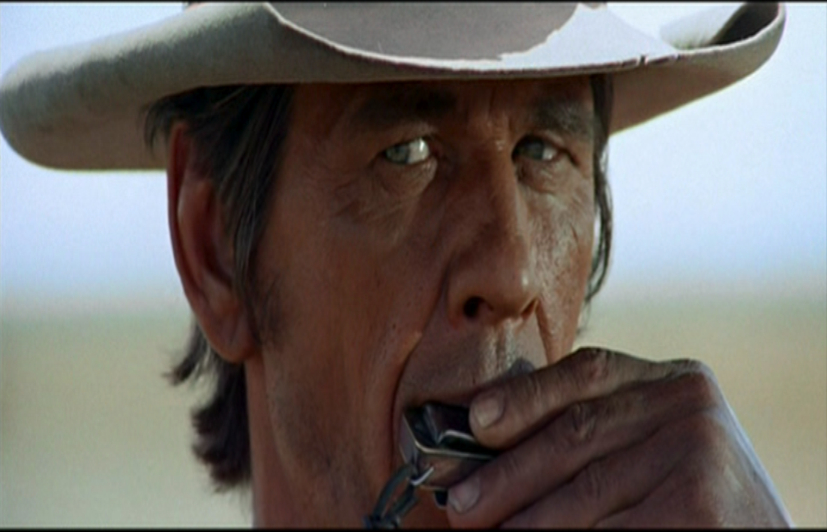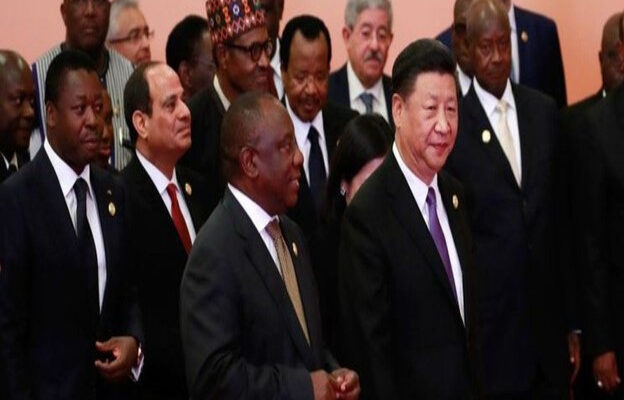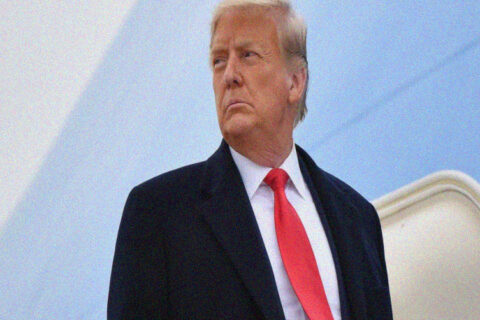Author’s Note: This is the seventh part in a multipart series examining the decline of the American Empire and what it means for the world on a regional basis. This article will focus on Africa.
The next region where we will examine the decline of American power is Africa. In many ways, Africa is the wildcard of the world in just how nakedly opportunistic it all is – African nations will side with whomever pays them the most. This goes back to when the region was picking sides between the U.S. and the USSR in the post-colonial era. There were exceptions, but for the most part, post-colonial African leaders would voice support for communism if the Soviets paid them enough and would champion capitalism if Uncle Sam bribed them. They had no real loyalty to either system.
But, the rivalry between the American Empire and China in Africa promises to be even more self-serving than the rivalry between the U.S. and the Soviet Union. During the Cold War, African leaders wanted an anti-colonial bone thrown their way, something that gave the USSR some advantages (at least early on), as they could more easily adopt to anti-colonial (read anti-capitalist and anti-White) language. This is also why the United States became so anti-colonial, boasting of its own history as a colony that fought a war for independence against its master (the differences between colonial Virginia and Angola were ignored for propaganda purposes) and the reason why the U.S. leaned hard on both Britain and France to give up their empires. Remember, both nations, Britain until the Suez Crisis and France until the Algerian War, tried to maintain their empires after World War II; but, ultimately, gave up after they realized the Americans would not support them. This was a move the U.S. conducted out of a perceived fear that it would sow the seeds to help the Soviets take Africa.
Eventually, this did not happen, largely because while the anti-colonial and anti-White rhetoric was important, what really mattered, at the end of the day, was getting paid. And the United States, having a far larger economy, could pay the Africans more than the Soviets. However, this is not the case with the American Empire versus China rivalry in Africa. China can not only compete with the U.S. in paying off corrupt African leaders, but it can also out-bribe the Americans (as hard as that can be believed). China is essentially colonizing Africa again – they want access to Africa’s vast wealth of natural resources. The United States cannot compete with China on this front; thus, China is gaining more and more ground in Africa, driving the American Empire out of yet another region.
Perhaps the strongest area where we can see the new paradigm developing is in Ethiopia. Currently, Ethiopia is building the Grand Ethiopian Renaissance Dam on the Nile. The dam itself is a feat of engineering wonder and will supply the country with cheap electricity; however, there is one problem – Sudan will be hurt by it (but will survive). However, Egypt, completely confined to a single narrow strip of land along the Nile, will be utterly decimated by the reduction of water and could possibly trigger the greatest water crisis the world has ever seen. I expect to see revolution in Egypt over this, something the Egyptian elite are making worse by deciding that now is a great time to build a new capitol for themselves, basically an adult playground complete with waterparks in a country with major water issues (that are about to get worse). I can also see it triggering a refugee crisis that will make the one in Syria pale in comparison.
All of that is important, but it is also important for another reason. Egypt is a U.S. ally, while Ethiopia is close to China. This is arguably the single greatest example of how badly the American Empire is being driven out of Africa, and China advancing in. The fact is, Ethiopia is willing to cause a major crisis in a U.S.-backed nation because they have the support of China. And, the other nations of Africa see this. They now know it will be better to be a Chinese ally than the Empire’s toady, and more will follow suit. Let me say I do not entirely fault the Ethiopians for what they are doing, but this must be viewed in the greater context of declining American power. The building of the Grand Ethiopian Renaissance Dam will be the beginning of the end of the U.S. in Africa, it will reveal to the rest of Africa that China is a better ally than the United States, and that China can actually offer protection.
I do think Africa will be China’s possession for the foreseeable future. I do not think there will be an independent regional power in Africa anytime soon. The problem is that Arica has a growing population and not much else. Sure, it has abundant natural resources, but this has always been the case and no hegemon has emerged.
Africa’s problems are numerous. The governments are kleptocratic, which discourages investing and saving. One pertinent example is South Africa. The Economic Freedom Fighters (EFF) is a political party that is even more radical than the African National Congress (ANC). For example, they’re demanding the stealing of White-owned farmland and giving it to blacks without compensation, the same policy Zimbabwe (formerly Rhodesia) utilized. The results were so disastrous in Zimbabwe that not even the ANC did it when they took power in South Africa. But, with the rise of the EFF, the ANC will soon be forced to do so in order to say in power. If they do not, the EFF will come to power and do it anyway. The disaster of Zimbabwe will likely be repeated.
Violence still plagues much of the continent, although the media does not talk about it as often as they did in the 1990s, and civil wars are still common. Furthermore, travel is difficult. The jungles make roads hard to build, which means trade has major hurdles to overcome. All of these things combine to make it hard to develop capital, keeping Africa in a poor state. To top it all off, the Sahara is growing, meaning the amount of arable land is shrinking. The lack of arable land means that it will be difficult for Africa to feed its growing population. Furthermore, famine is still ordinary in Africa.
Nigeria, in particular, stands out as a potential flare-up. The nation’s population is already huge and rapidly expanding. The current population is 211 million. As early as 1950, Nigeria had a population of under 50 million and is projected to have a population of over 250 million by 2050. The population is becoming increasingly crowded in the city of Lagos, which is severely straining the infrastructure. The situation is unstable and there is no easy way out of this. Traditionally, nations have delt with rapid population increases by embarking on imperialist adventures, but it is unclear where Nigeria can really expand. Other nations in Africa have similar levels of population growth, and without the infrastructure (or competency) needed to increase Nigerian territory, it just points to an angry population ready to revolt.
Finally, virtually every nation in Africa has a weak nation-state identity. A man from Tanzania, for example, will identify primarily with his tribe rather than as a Tanzanian. What this means, in practice, is that there is no national unity – and when leaders take power, they focus on enriching their tribe rather than the good of the nation, thereby leading to kleptocratic politics. This also means that there is no way to unite the nation against a threat, the tribes will turn on each other rather quickly.
All of this combines into yet another major crisis in Africa. It is for these reasons we will witness a Chinese-controlled Africa rather than an African-Africa. That Africa will be ruled by China (or possibly Turkey or Iran in its Islamic north) is of no consequence to the greater story of a rapidly shrinking American sphere of influence. It will be another area where America used to be a great power. The United States was able to best the Soviet Union in Africa due to unmitigated corruption and bribery but has lost this advantage to China.







So ?